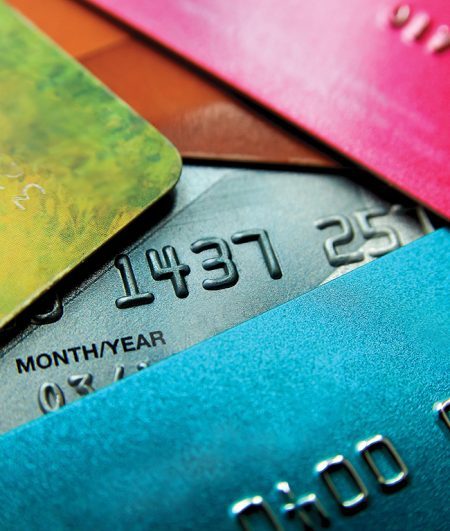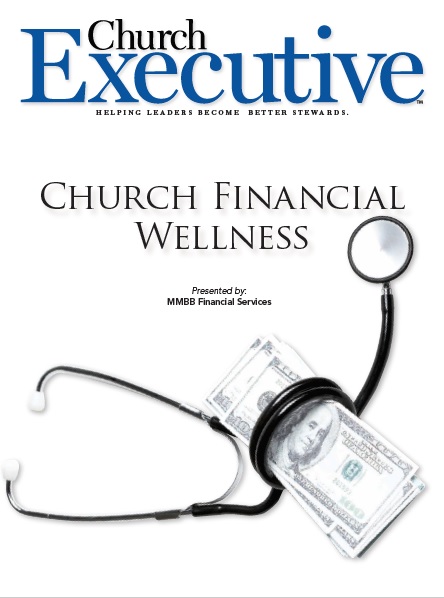 By James R. Cook
By James R. Cook
In today’s world, just about everyone uses credit to obtain the things that they want or need, but do not have the cash on hand to pay for immediately.
 We use credit in many forms, such as a mortgage loan to buy a house, a student loan to pay for education for ourselves or our children, an automobile loan to purchase a vehicle, or credit cards to purchase big-ticket items like new appliances.
We use credit in many forms, such as a mortgage loan to buy a house, a student loan to pay for education for ourselves or our children, an automobile loan to purchase a vehicle, or credit cards to purchase big-ticket items like new appliances.
When used responsibly, credit can be a helpful financial tool, allowing you to spread the cost of a large purchase over time.
Many consumers will also use credit cards when faced with unexpected expenses, including home or auto repairs and medical emergencies.
Credit cards offer convenience when traveling, such as renting a car, reserving a hotel room and making purchases, all without carrying a lot of cash.
A downside to using credit is it can be expensive. You need to be aware of interest rates, finance charges, annual fees, and penalties. These items can all considerably increase the cost of any purchase made using credit. Not to mention the ever-present temptation to overspend, since it is so easy to just swipe your card and not worry about the amount that is being charged. Each year, overspending on credit cards leads thousands of consumers into financial difficulty.
It is possible to use credit responsibly if you take control of your finances by creating a realistic spending plan and savings plan so that you are aware of how much credit you can afford. This is where a budget can be very helpful. It allows you to outline your monthly expenses, looking at how much you have available to spend and save, as well as how much debt you can afford to take on and repay.
It is important to borrow only what you can afford to pay back. The general rule of thumb is to spend no more than one-third of your income on debt, including mortgages, credit cards and consumer loans (auto loans, student loans, and lines of credit).
The goal is to pay off your balance as quickly as possible.
- You should try to pay your credit card balance in full each month. But if you must carry a balance, be responsible. Your credit card statement will include information about how long it will take you to pay off your balance if you only make minimum payments. Take note of how much interest you will save by paying more than the minimum each month.
- Make your monthly payments on time and make at least the minimum monthly payment required and, always pay more than the minimum when you can.
- Avoid exceeding your credit limit. You should also pay attention to your account balances; ideally your balance should be less than 25 percent of your credit limit. It is important to know your credit limit and to always stay well below it.

It is also critical to read your credit card agreement(s) carefully. Credit card issuers will also send you notices called “changes in terms” 45 days in advance of making changes to the fees, interest rate and other important information about your card. Reading these notices can help you decide whether you want to continue to use the card or pay it off in full and close the account.
Using credit responsibly also entails carefully reviewing your monthly credit card statements for accuracy. Errors and mistakes can and do happen; that’s why it’s so essential that you check the accuracy of your statement as soon as you receive it each month. If you find an error, you should contact your credit card issuer immediately to get it resolved.
Finally, it is imperative to check your credit report at least once a year. You are entitled to receive a free credit report from each of the three major credit reporting bureaus annually. Reviewing your credit report will help you to detect potential fraud and protect yourself from identity theft. You will also be able to spot any errors on your credit report and take prompt action to correct them. Free credit reports may be requested by visiting the government sponsored website: Annual Credit Report.
Credit is an important financial tool. When used responsibly, credit can help you achieve your short-term and long-term financial goals, such as paying for college, purchasing a vehicle or owning a home.
James R. Cook, CFP® is a Financial Planning Specialist. He brings expertise in comprehensive financial and retirement planning to his work at MMBB. Cook holds a B.S. in Psychology from Lewis & Clark College, a Master of Divinity degree from Fuller Theological Seminary, and an MBA from the University of Missouri Kansas City.


